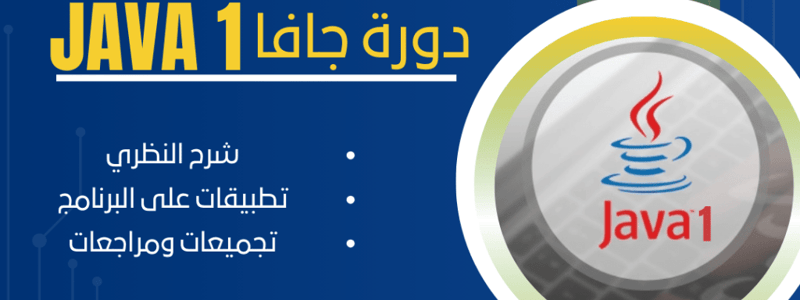Podcast
Questions and Answers
Which of the following are types of numeric systems? (Select all that apply)
Which of the following are types of numeric systems? (Select all that apply)
- Decimal
- Binary (correct)
- Hexadecimal (correct)
- Octal (correct)
How many bits are in a byte?
How many bits are in a byte?
8
1 K bit = _____
1 K bit = _____
1024
Digital systems are the most common types of systems in the world.
Digital systems are the most common types of systems in the world.
What does 'analog' represent in the context of systems?
What does 'analog' represent in the context of systems?
Which examples represent integrated systems?
Which examples represent integrated systems?
What are the two main types of numeric systems mentioned?
What are the two main types of numeric systems mentioned?
A word is made up of _____ bytes.
A word is made up of _____ bytes.
What is the main function of a digital computer?
What is the main function of a digital computer?
The hexadecimal system is not used in computing.
The hexadecimal system is not used in computing.
Flashcards are hidden until you start studying
Study Notes
Types of Signals
- Analog and digital signals are two primary types of signals used in communication and data processing.
Types of Systems
- Four main types of systems are commonly recognized, which include various configurations of digital systems.
Data Measurement Units
- A bit is the smallest unit of data.
- A byte consists of 8 bits.
- A word is made up of 2 bytes.
- 1 Kilobit (Kbit) is equal to 1024 bits.
Digital Systems and Computer Devices
- Digital systems are crucial in representing and processing information.
- Key numerical systems include binary, octal, and hexadecimal systems.
- Arithmetic operations on digital systems require conversion mechanisms to switch between different numeral bases.
System States
- Distinguish between synchronous and asynchronous system states.
- Representation of decimal values is utilized in stored data.
Examples of Digital Systems
- A digital counter can serve as an example, such as a distance counter that requires initialization, recalibration, and data output through various interfaces.
Inputs and Outputs
- Digital systems feature distinct inputs and outputs, allowing effective data processing and representation.
- Inputs may include keyboards, mice, and microphones, while outputs can be LCD displays and speakers.
Embedded Systems
- Embedded systems are integral parts of modern electronic devices.
- Examples include digital watches, automotive systems, video game consoles, washing machines, and flat-screen TVs.
Information Representation
- Binary systems are the most widespread form of information representation globally.
- They handle discrete and continuous values within distinct time intervals.
Arithmetic Operations in Binary Systems
- Addition and subtraction operations are essential, with techniques for handling single and multiple bits.
- The binary system incorporates logic for multiplication as well, complemented by conversion to the binary numeral system.
Context of Binary Representations
- Binary encoded words (code words) are critical in various applications and must represent the desired data range.
- Flexibility in data representation allows adaptability beyond strict binary numeral constraints, facilitating broader computational functions.
Example Applications
- Mobile phones utilize digital processing systems for operations.
- Other examples include GPS for global location determination, digital signal processing for audio and video data, and various consumer electronics.
Studying That Suits You
Use AI to generate personalized quizzes and flashcards to suit your learning preferences.





